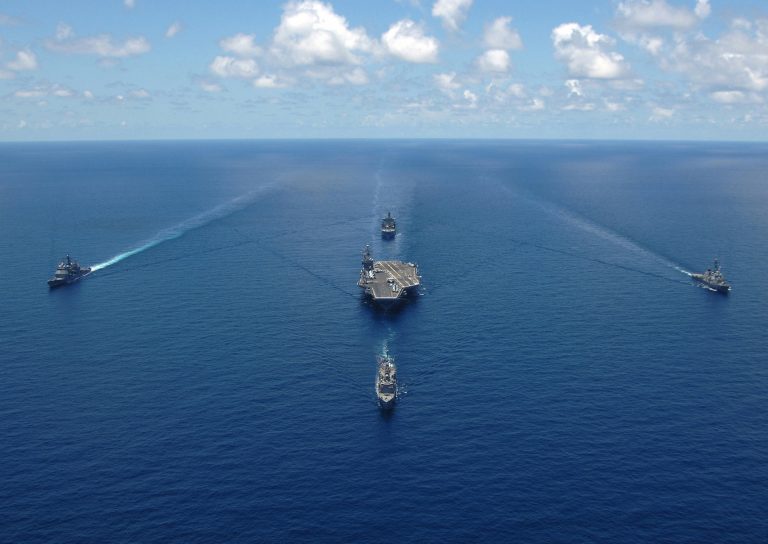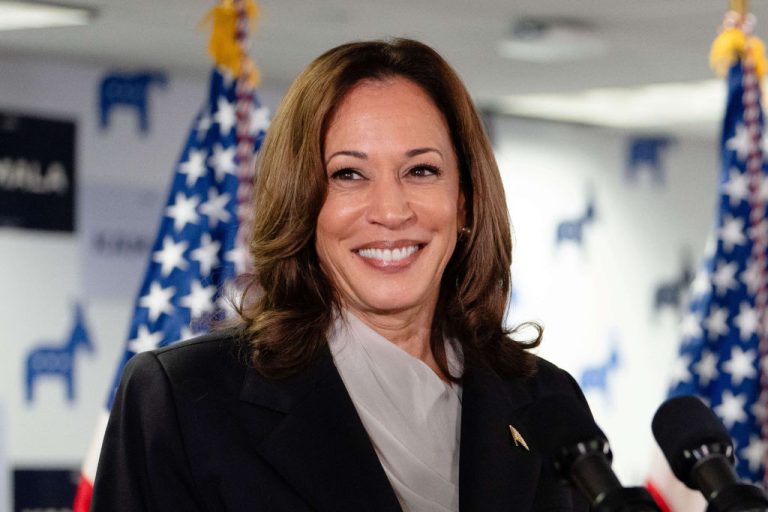Adm. John C. Aquilino, the head of the U.S. Indo-Pacific Command, recently warned about China’s growing military capabilities and insisted that America needs to operate with a higher sense of urgency to deal with Beijing. He was speaking at the Halifax International Security Forum. Aquilino also stressed Washington’s commitment towards an open and free Indo-Pacific.
At the forum, the admiral highlighted the importance of America and its allies working together in international waters. This cooperation would build interoperability so that these nations can seamlessly blend in their operations when necessary.
“Look at what the Chinese have said. President Xi [Jinping] has tasked his forces to be at a level of military parity with the United States by 2027. Those are his words… We need to deliver capabilities sooner and faster,” Aquilino said.
The admiral noted that America and its allies are fighting for their values and the ability to remain free. “Those are the stakes… The difference between free and open or authoritarian and closed. Which Indo-Pacific would you like to be a part of? It’s clear for the like-minded nations,” Aquilino stated.
A few weeks back, Aquilino met with then Japanese Prime Minister Fumio Kishida, Defense Minister Nobuo Kishi, and Foreign Minister Yoshimasa Hayashi in a bid to strengthen bonds between the two nations.
Success
You are now signed up for our newsletter
Success
Check your email to complete sign up
Referring to the situation regarding North Korea and China, Kishi had said that Japan’s security environment was “increasingly severe.” In his meeting with the prime minister, Aquilino pledged to deliver stability and prosperity to the Indo-Pacific.
General Koji Yamazaki, Chief of Staff of the Japan Joint Staff pointed out that the alliance between Washington and Tokyo has been a “cornerstone” for peace and stability in the region for more than six decades.
Both Yamakazi and Aquilino agreed to strengthen interoperability between the American forces and Japan’s Self-Defense Forces (SDF). They also agreed to integrate SDF within a multilateral regional security framework.
China’s growing military prowess has been a source of worry for America and democratic allies.
Kurt M. Campbell, deputy assistant to the president and National Security Council coordinator for the Indo-Pacific, said on Nov. 19 that Beijing’s “dramatic” military buildup was creating tensions in the Asian region.
It’s also a driving reason behind the U.S., UK, and Australia’s AUKUS security pact. He noted that Chinese leader Xi Jinping had made it clear at his recent virtual meeting with President Joe Biden that some of Washington’s actions were causing “heartburn” to Beijing.
“I think at the top of that list is our bilateral, reinforcing and revitalizing our bilateral security alliances with Japan, with South Korea, with Australia, the Philippines, and Thailand — new partnerships like Vietnam, the Quad, working constructively with India, AUKUS, and frankly, talking to the Europeans in a more dynamic way about areas of cooperation on technology and the like,” Campbell said at the U.S. Institute of Peace Forum.







